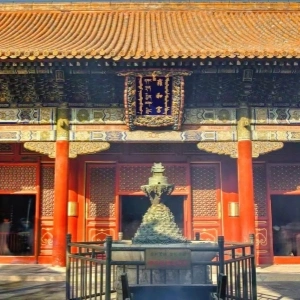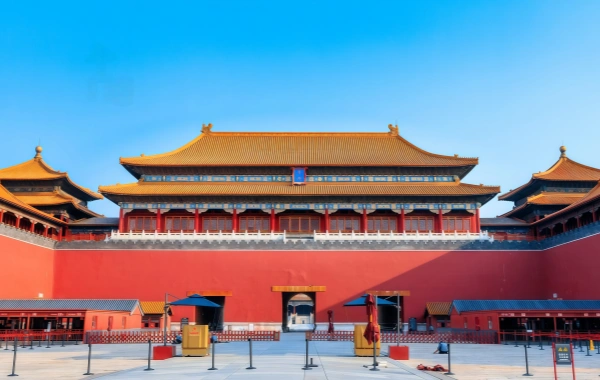Spring (March to May): Temperatures in Gansu gradually rise in spring, but there is a big difference between day and night temperatures. There are more windy days and the temperature fluctuates. Generally speaking, the average temperature in spring is around 10℃, but the exact value will vary according to the year and region. For example, some data show that the average temperature in Gansu in the spring of this year (2024) is 11.6℃, which is 1.9℃ higher than normal, and is tied for the highest since 1961. Precipitation is relatively low in spring, but some precipitation processes do occur. The amount of precipitation varies from region to region, and drought conditions may occur in some areas. Spring is the season of more sandy and windy weather in Gansu, while temperatures rise quickly but erratically, making it easy to catch colds and other diseases. This is also a critical period for agricultural production. Farmers need to pay close attention to weather changes and rationalize their farming activities.
Summer (June to August): Seasonal temperatures in Gansu are high, but still relatively cool compared to southern regions. The maximum temperature in most areas is around 30℃, but some areas may exceed this temperature. For example, the average temperature in Gansu this summer is 20.8℃, 1.1℃ higher than normal, the fourth highest since 1961. Precipitation in summer is relatively high but unevenly distributed. Drought or flooding may occur in some areas, and precautions need to be taken according to the specific situation. The weather in Gansu in summer is sunny with less rain, which is suitable for traveling and outdoor activities. However, it should be noted that due to the high temperature and strong UV rays, visitors need to take measures to protect themselves from the sun and heat.
Autumn (September to November): Temperatures in Gansu gradually drop in the fall, and the temperature difference between day and night further increases. The temperature in most areas ranges from 10℃ to 20℃, but the exact value will vary from region to region and year to year. For example, the average temperature in Gansu this fall was 9.6°C, 1.2°C higher than normal, and tied with 2015 as the highest since 1961. Precipitation in fall is relatively moderate, but some precipitation processes do occur. The amount and distribution of precipitation have an important impact on agricultural production. During the harvest season, farmers need to take advantage of favorable times for harvesting and storage.
Winter (December to February): In winter, the temperature in Gansu is low, with most areas below 0℃. Temperatures may be even lower in some areas such as high altitude mountains and desert areas. For example, the average temperature in Gansu in winter last year (2023) was -3.6℃, which is 0.2℃ higher than normal. Precipitation in winter is low and mainly dominated by snowfall. Snowfall has a certain effect on relieving drought and improving soil moisture, but it may also cause adverse effects such as road icing. The weather in Gansu is cold and dry in winter, so you need to pay attention to keeping warm and preventing cold. Meanwhile, as snowfall is low and unevenly distributed, you need to pay attention to the weather warning information and do a good job in preventing snow and freezing. In addition, winter is also the off-season for tourism in Gansu, but some scenic spots such as ski resorts still attract tourists to experience snow and ice sports.
If you have any questions or would like to customize your trip, please contact us! Popular Tour Package in Gansu:
Related Posts
Create Your Customized Trip
Take about 2 minutes to fill the form to tell us how you like to travel, and get a reply within 1 working day.









